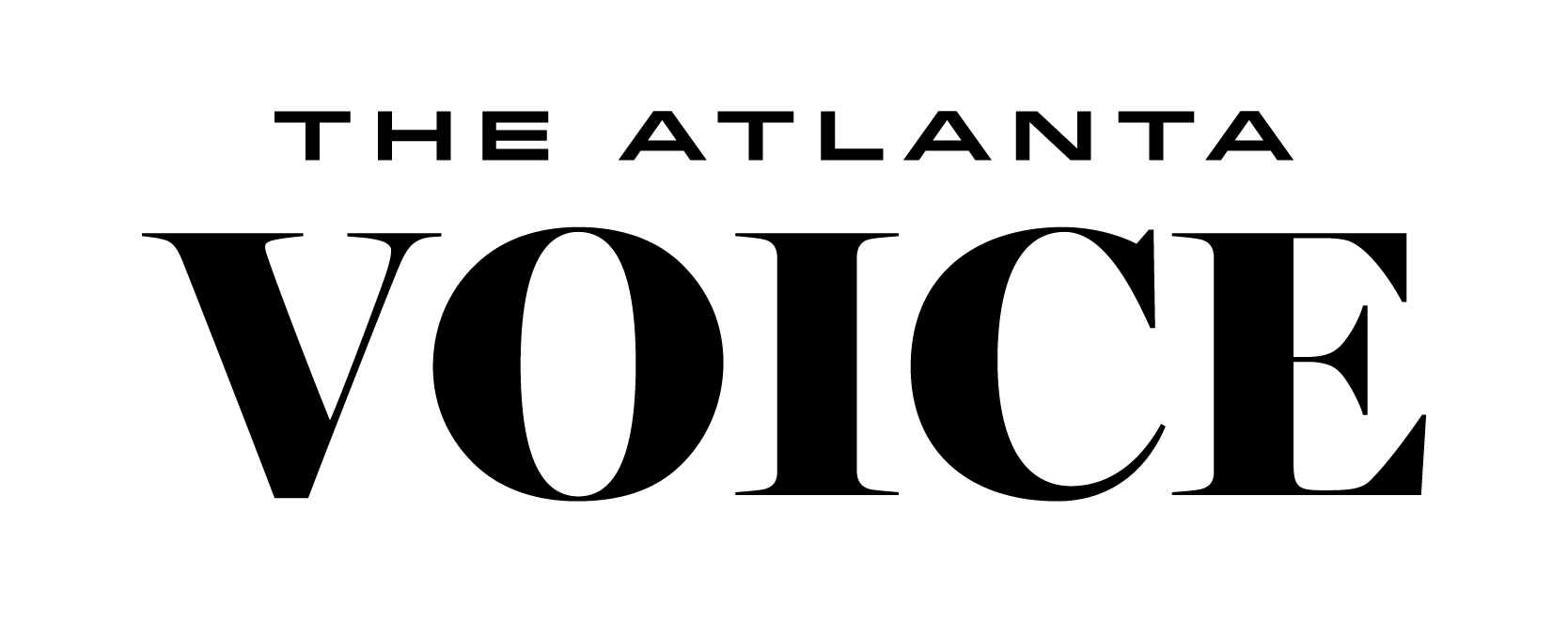Black net worths are on the rise — for now. A recent report from the Federal Reserve found that in the last three years, between 2019 and 2022, Black wealth rose by 61%. It’s the largest growth of any other racial group. Despite this increase, it does not reflect the broader reality of the persisting racial wealth gap.
“That 61% increase seems so large because the actual wealth that Black families had in 2019 was so small compared to white households,” Michelle Holder, associate professor of economics at John Jay College in the City University of New York (CUNY), says. “When you’re starting with a smaller base, increases can get magnified.”
Median Black wealth was around $28,000 in 2019 and moved closer to $45,000 in 2022. At the same time, white wealth increased by 31%, growing from $218,000 to $285,000. Holder says this comparison should not take away from the progress, but looking at the percentage alone can be “a little misleading.”
“I’d say the numbers are a kind of mask,” she tells Word in Black. “The Black community didn’t really experience true wealth building that the numbers might suggest it did. I think what they experienced was a rise in the value of an asset that almost half of Black families have compared to about 75% of white families.”
What’s Driving Black Net Worth Growth
One of the most significant contributors to wealth growth for Black households was increases in homeownership and housing equity or the home’s value. In the second quarter of 2020, Black homeownership hit 47%, a rate the community has not reached since the 2008 housing market crash. By the end of 2022, it dipped slightly to around 45%, similar to what it was in 2011.
The rate is far below that of other groups but still higher than in the last 10 years.
A subfactor was home values, which, for Black homeowners specifically, increased by 60% for a net value of $123,000. But Black families were not alone in this. The Federal Reserve found that “amid rising house prices, home equity for homeowners moved up sharply for families of all races and ethnicities.”
RELATED: Houses Cost More Than Ever, But Black Folks Still Plan to Buy
Business ownership was also a wealth-building tool. 11% of Black people are now business owners, and an estimated 3 million Black-owned businesses are in the United States. A report from the Urban Institute on what pushes Black women into entrepreneurship points to discrimination in the workplace, including racism and sexism.
The increase in business ownership is impressive, but their value has significantly declined across racial groups.
“We saw a rise in businesses, but they were not of the variety that generated large amounts of employees, revenue, and wealth overall,” Andre M. Perry, senior fellow at Brookings Metro, says. “It remains to be seen if those businesses will ultimately scale, increase their size, and increase their number of employees so their overall value will increase as well.”
Perry adds that in the future, there may be a decline in the number of businesses if owners cannot grow and sustain themselves. As a result, business values will also decline.
Moving the Needle on the Racial Wealth Gap
There are differences of opinion on exactly how many years it will take to close the racial wealth gap, but all agree it will take several centuries to do so. With the goalpost moving every year, it will take significant changes to move closer to closure.
“Wealth begets wealth,” Perry says. “The more you have, the more you accrue.”
Investments in the stock market largely grew white wealth in the last three years. Fortunately, Black stock ownership rose over the previous 15 years, but not at the same levels as other groups with higher stock values.
With most Black wealth residing in homeownership, Holder and Perry believe a more diversified investment portfolio would be more impactful for the Black community. But it can’t stop there. Black people need more growth in their wages and salaries, an area they saw the least movement in because they were unchanged, according to the Federal Reserve.
“The sad thing is that even with gains like this, the racial wealth gap in this country pretty much remains the same by all of the different metrics,” Holder says. “I think that’s really unfortunate.”
Get Word In Black directly in your inbox. Subscribe today.

